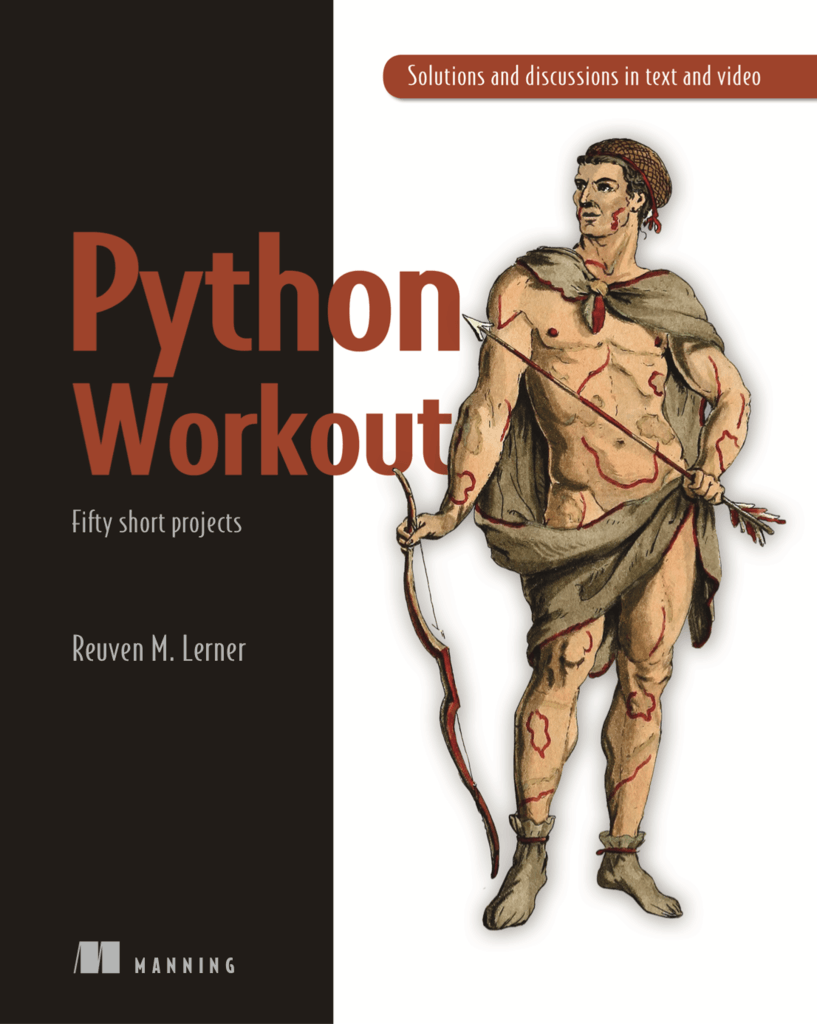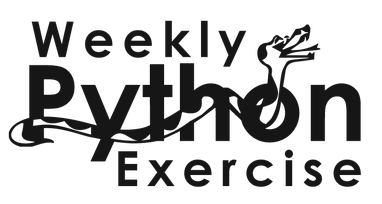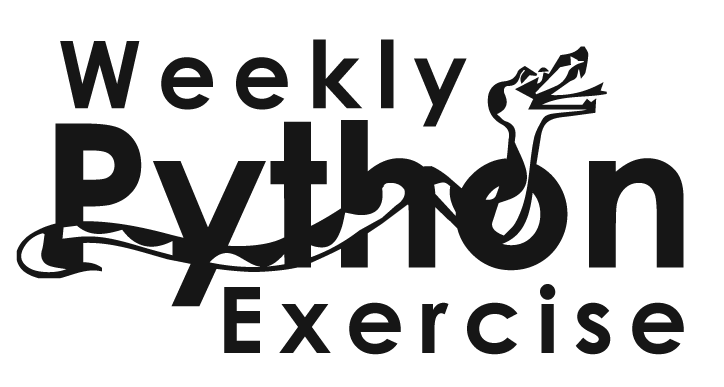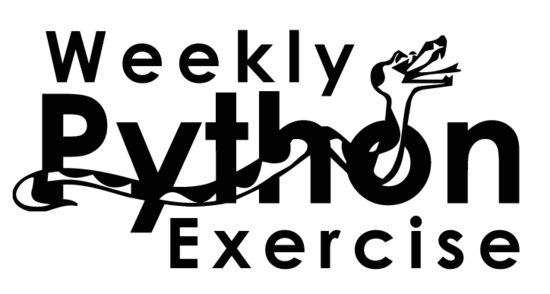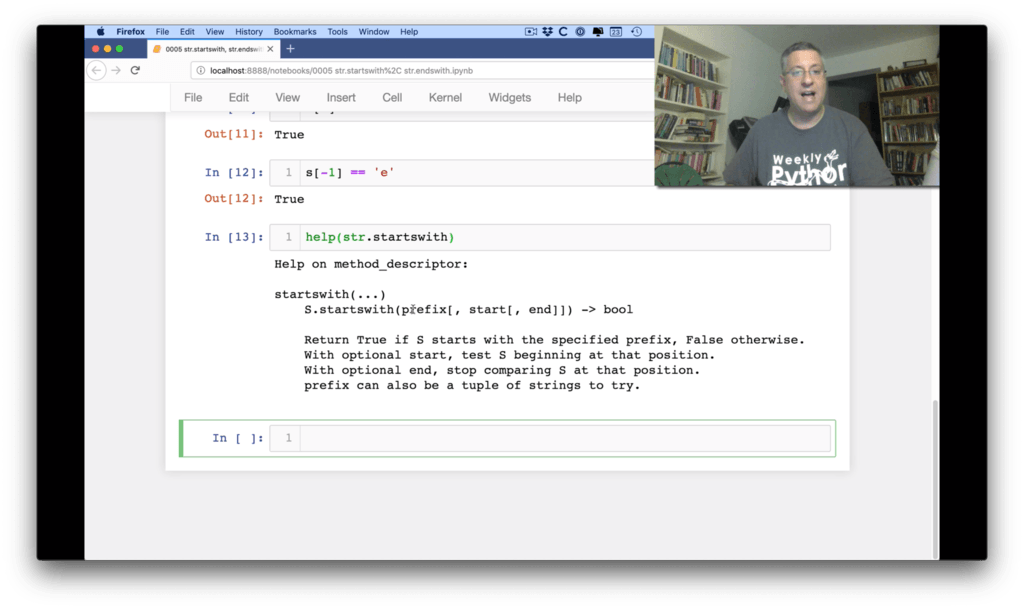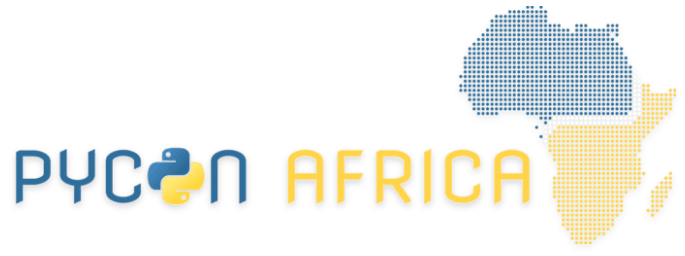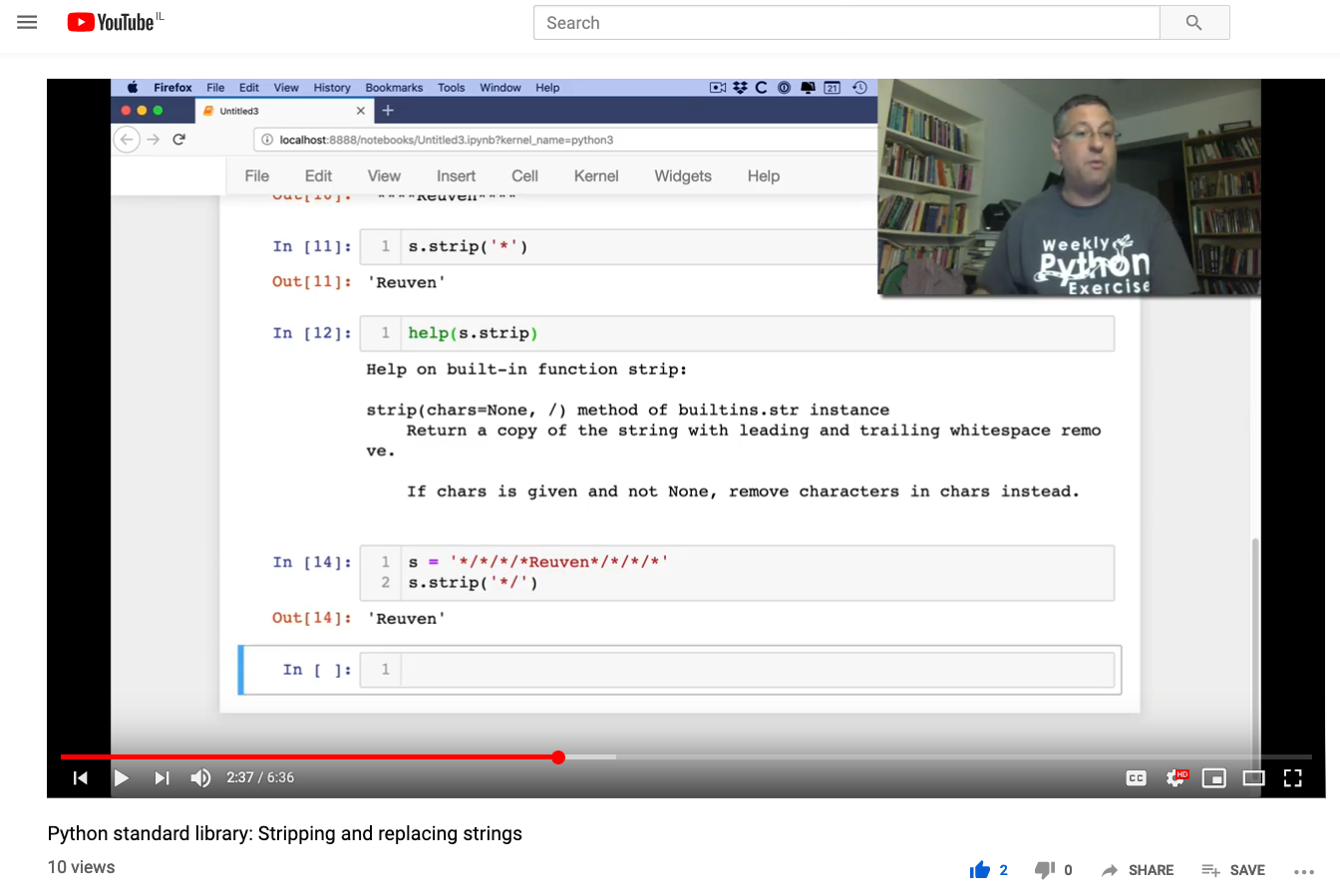August 19, 2019 , bY reuven
Python
If you’ve been programming in Python for any length of time, then you’ve undoubtedly heard that “everything is an object.”
But what does that mean? And who cares? And what effect does that have on you as a developer — or on Python, as a language?
Indeed, how can (and should) you take advantage of Python’s object-oriented facilities to make your code more readable, maintainable, standard, and (dare I say it) Pythonic?
If you’re relatively new to Python, and have been struggling with some of these same questions, or if you’re just wondering about the differences between instances, classes, methods, and attributes, then I have good news for you: The upcoming cohort of Weekly Python Exercise is all about object-oriented programming.
In this 15-week course, you’ll learn in the best way I know, by solving problems and discussing them with others. As you work through the exercises, you’ll get a better understanding of:
- Instances and classes
- Attributes, at both the attribute and class level
- Methods
- Composition of objects
- Inheritance
- Magic methods
Weekly Python Exercise, of course, is a family of 15-week classes designed to help improve your Python fluency. Each course works the same:
- On Tuesday, you receive a problem (along with “pytest” tests)
- On the following Monday, you receive my detailed solution.
- In between, we can discuss it in the forum.
- I also have live office hours, when people can ask any questions that they might have.
WPE A-level courses are for beginners, while B-level courses are for more advanced Python developers. But you can take any or all of them, in any order — and there’s no overlap between the exercises in these classes and any of the previous books/courses I’ve given.
This new cohort (A3) will be starting on Tuesday, September 17th. To join, you must sign up before September 10th. But if you sign up by September 3rd, you’ll get the early-bird discount, bringing the price down to $80 — more than $20 off the full price.
I won’t be offering these exercises for at least one more year. So if you want to sharpen your OO skills before the autumn of 2020, then you should act now.
As always, you can get an even better price if you’re a student, pensioner/retiree/senior citizen, or living permanently outside of the world’s 30 richest countries. Just reply to this e-mail, and I”ll send you the appropriate coupon code.
And if several people (at least five) from your company want to join together? Let me know, and I’ll give you an additional discount, too.
There’s lots more to say about Weekly Python Exercise, now in its third year of helping Python developers from around the world to write better code — doing more in less time, and getting better jobs than before. You can read more, and try to some sample exercises, at https://WeeklyPythonExercise.com/ .
But if you’ve always wanted to improve your fluency with Python objects, then you can just sign up at https://WeeklyPythonExercise.com/ .
Don’t wait, though! The early-bird discount ends on September 3rd.
